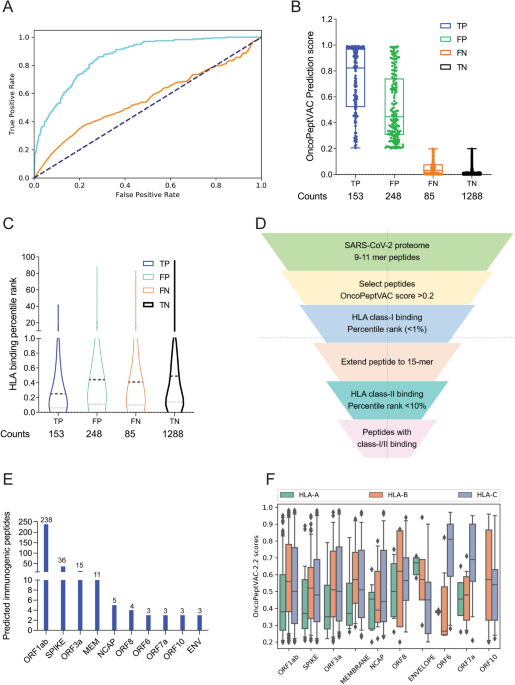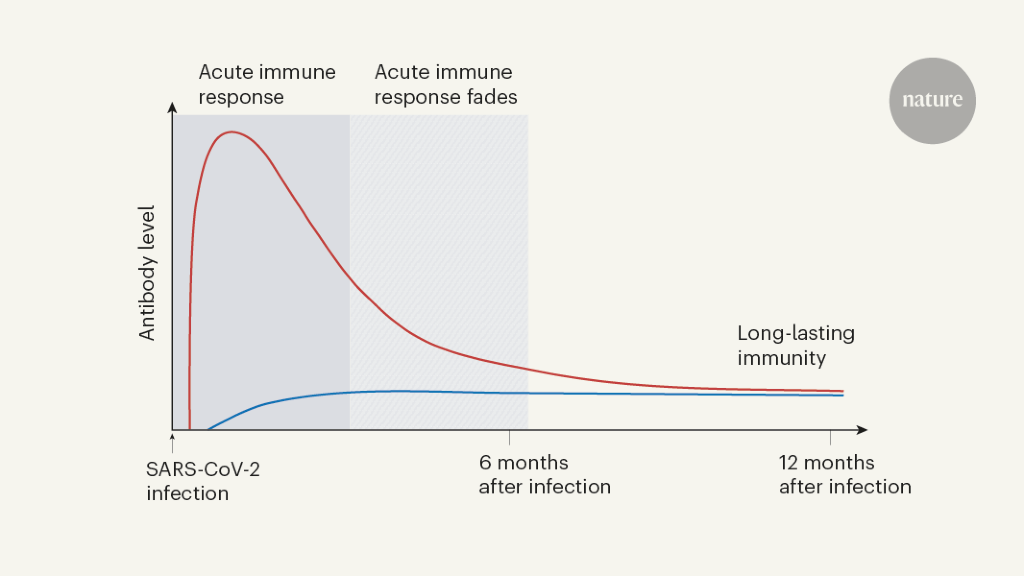
Fever drives enhanced activity, mitochondrial damage in immune cells
Fever temperatures rev up immune cell metabolism, proliferation and activity, but they also — in a particular subset of T cells — cause mitochondrial stress, DNA damage and cell death, Vanderbilt University Medical Center researchers have discovered.
The findings, published Sept. 20 in the journal Science Immunology, offer a mechanistic understanding for how cells respond to heat and could explain how chronic inflammation contributes to the development of cancer.
The impact of fever temperatures on cells is a relatively understudied area, said Jeff Rathmell, PhD, Cornelius Vanderbilt Professor of Immunobiology and corresponding author of the new study. Most of the existing temperature-related research relates to agriculture and how extreme temperatures impact crops and livestock, he noted. It’s challenging to change the temperature of animal models without causing stress, and cells in the laboratory are generally cultured in incubators that are set at human body temperature: 37 degrees Celsius (98.6 degrees Fahrenheit).
“Standard body temperature is not actually the temperature for most inflammatory processes, but few have really gone to the trouble to see what happens when you change the temperature,” said Rathmell, who also directs the Vanderbilt Center for Immunobiology.
Leave a Comment
Related Posts
Blood clots in people with severe Covid-19 may be related to abnormal antibody response – University of Reading
Comment























